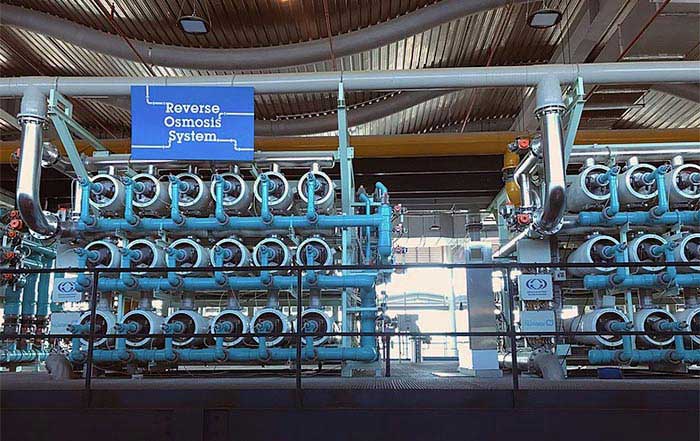As Singapore inches out of the pandemic, the job market continues to witness an encouraging recovery pattern with an 11% increase in hiring activity in the month of April, reports the Monster Employment Index (MEI). The country seems to have increasingly shrugged off the adverse effects of the pandemic with the pace of hiring growing steadily month on month.
Singapore has been seen as a top contender destination for international study, which was severely impacted during the pandemic. However, since the crisis is reaching its end, the MEI report witnessed a remarkable incline in hiring activity in the education sector by 16% for the second consecutive month, showcasing a great recovery in the country's stellar education system. Along the same line, Market Research, Public Relations, Media and Entertainment (up 15 percent) and BFSI (up 11 percent) segments. In addition, other sectors such as Retail/Trade and Logistics (up 6 percent), Hospitality (up 5 percent), IT, Telecom/ISP and BPO/ITES (up 4 percent), Engineering, Construction and Real Estate (up 2 percent), Healthcare (up 2 percent), and Production/ Manufacturing (up 1 percent) witnessed marginal growth on year on year basis April 2022 data.
However, sectors such as Government/ PSU/Defence (down 10 percent) and Consumer Goods /FMCG (down 10 percent) showcased a noticeable downward trend. Import/Export (down 9 percent), Oil & Gas (down 4 percent) and Shipping/Marine (down 2 percent) industries also saw a dip given the possible impact of the Russia-Ukraine war, the global supply chain crisis, and the ban of palm oil export by Indonesia.
The Singaporean BFSI industry continues to make substantial strides with job roles in Finance & Accounts (up 35 percent) seeing an upswing in growth momentum while hiring for Software, Hardware, Telecom (up 34 percent), and Legal (up 26 percent) professionals exhibited optimistic outlooks for the months to come. Other functional areas performing exceptionally well include HR & Admin (up 22 percent), Marketing & Communications (up 19%), and Real Estate (up 12 percent).
All functional areas monitored by the Index recorded positive job sentiments, with a few exceptions seen in Customer Service (up 6 percent), Hospitality & Travel (up 10 percent) and Healthcare (up 10 percent). With the Covid-19 waning globally, several countries including Singapore have dampened curbs and restrictions, leaving more space for recovery, especially in segments such as Travel, Tourism, and Hospitality.
Commenting on the job trends for April 2022, Sekhar Garisa, CEO, Monster.com - APAC & Gulf said, "As Singapore moves closer to pre-pandemic levels, we are hopeful to see a close to full recovery in the coming months, especially in sectors such as Education and Travel & Tourism. Moreover, with the ongoing economic recovery, the country is expected to witness an upward trend in jobs with demand for workers surging in the coming days."
The Monster Employment Index is a broad and comprehensive monthly analysis of online job posting activity conducted by Monster India. Based on a real-time review of millions of employer job opportunities culled from a large, representative selection of online career outlets, the Monster Employment Index presents a snapshot of employer online recruitment activity nationwide. The period considered for the MEI data is 1st to 30th April, 2022.
Monster (a Quess Company), the leading online career and recruitment resource, with its cutting-edge technology provides relevant profiles to employers and jobs to jobseekers across industry verticals, experience levels, and geographies. More than 200 million people have registered on the Monster Worldwide network. Today, with operations in more than 40 countries, Monster provides the widest and most sophisticated job seeking, career management, recruitment, and talent management capabilities globally. Monster continues its pioneering work of transforming the recruiting industry with advanced technology using intelligent digital, social and mobile solutions, and a vast array of products and services.




